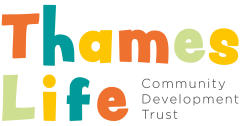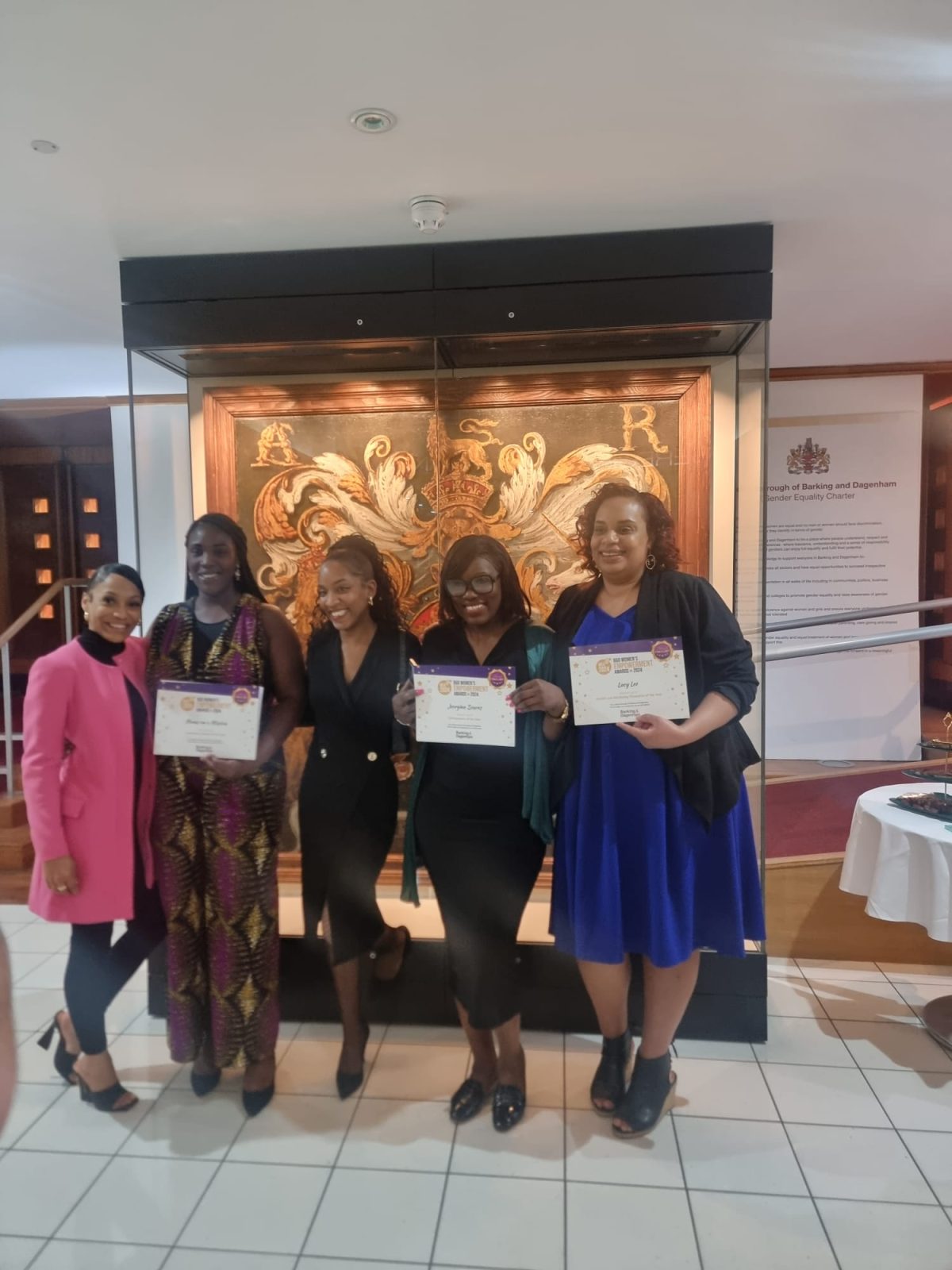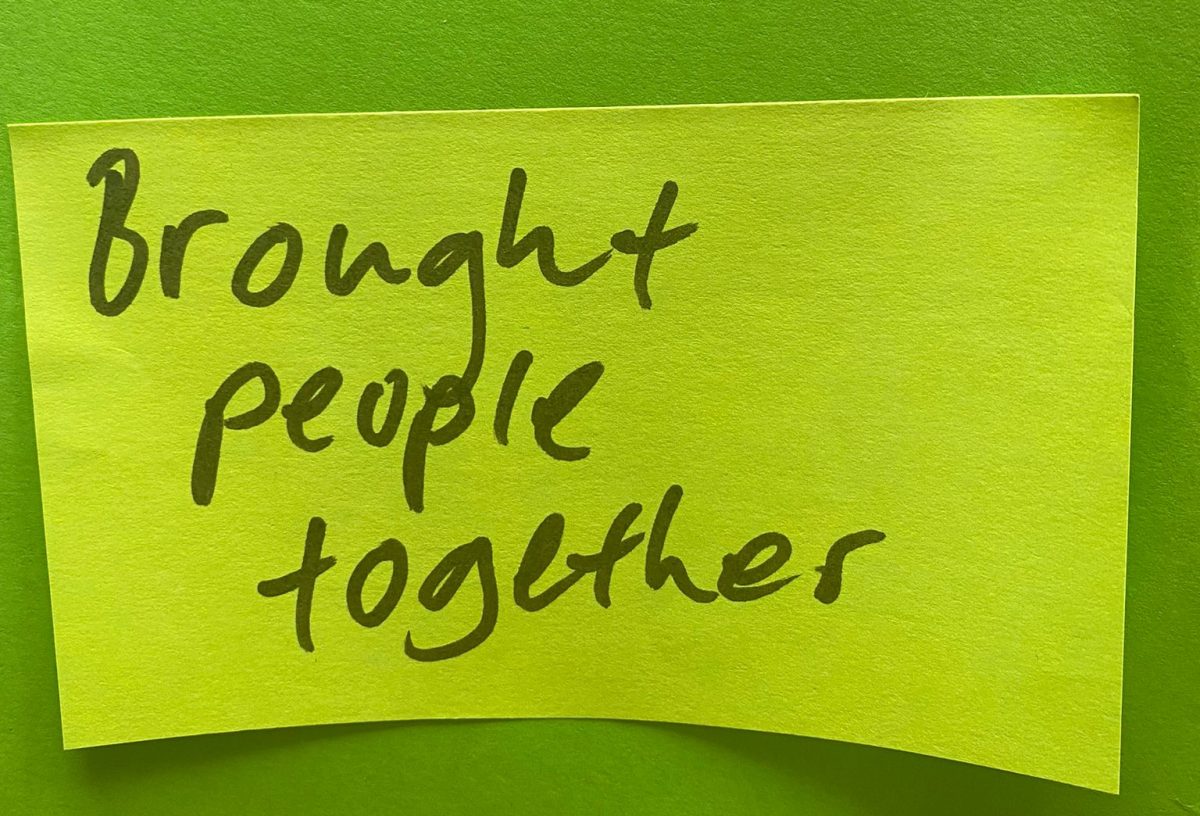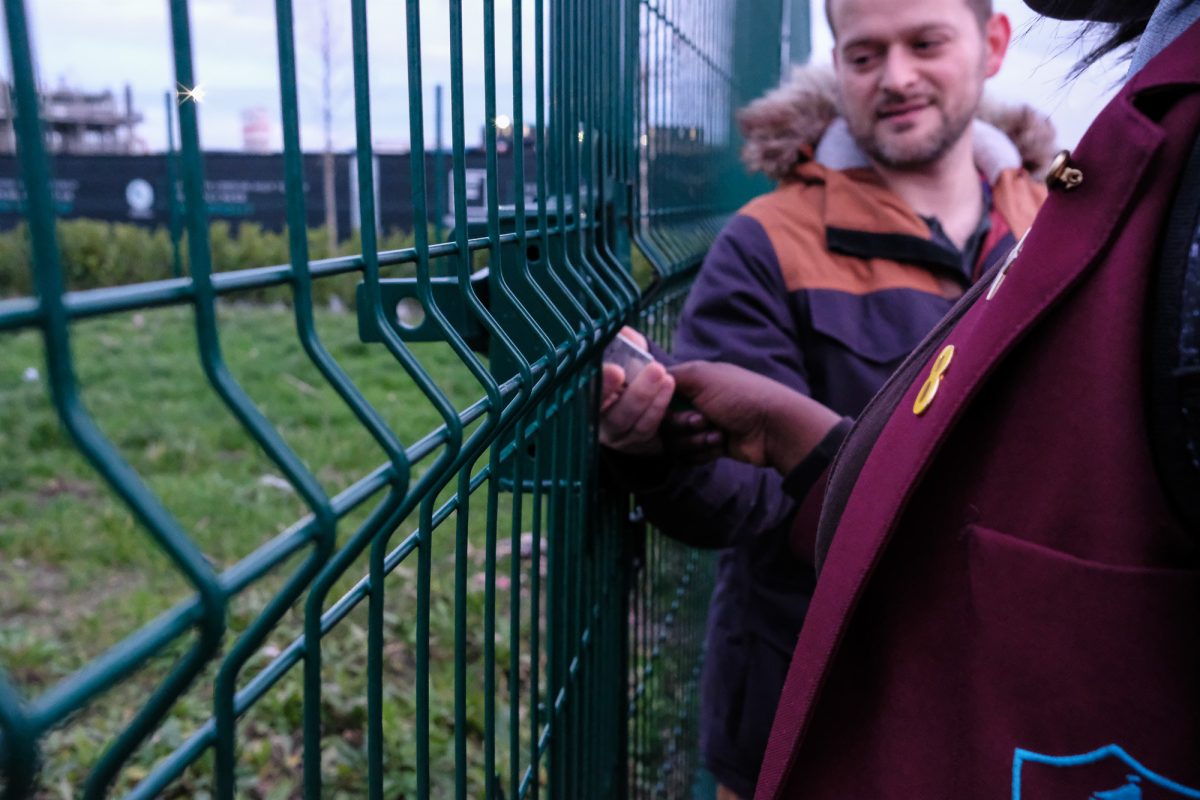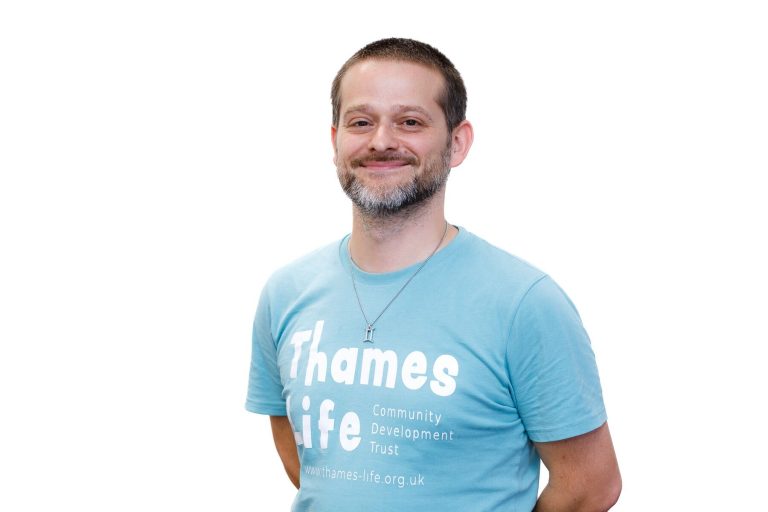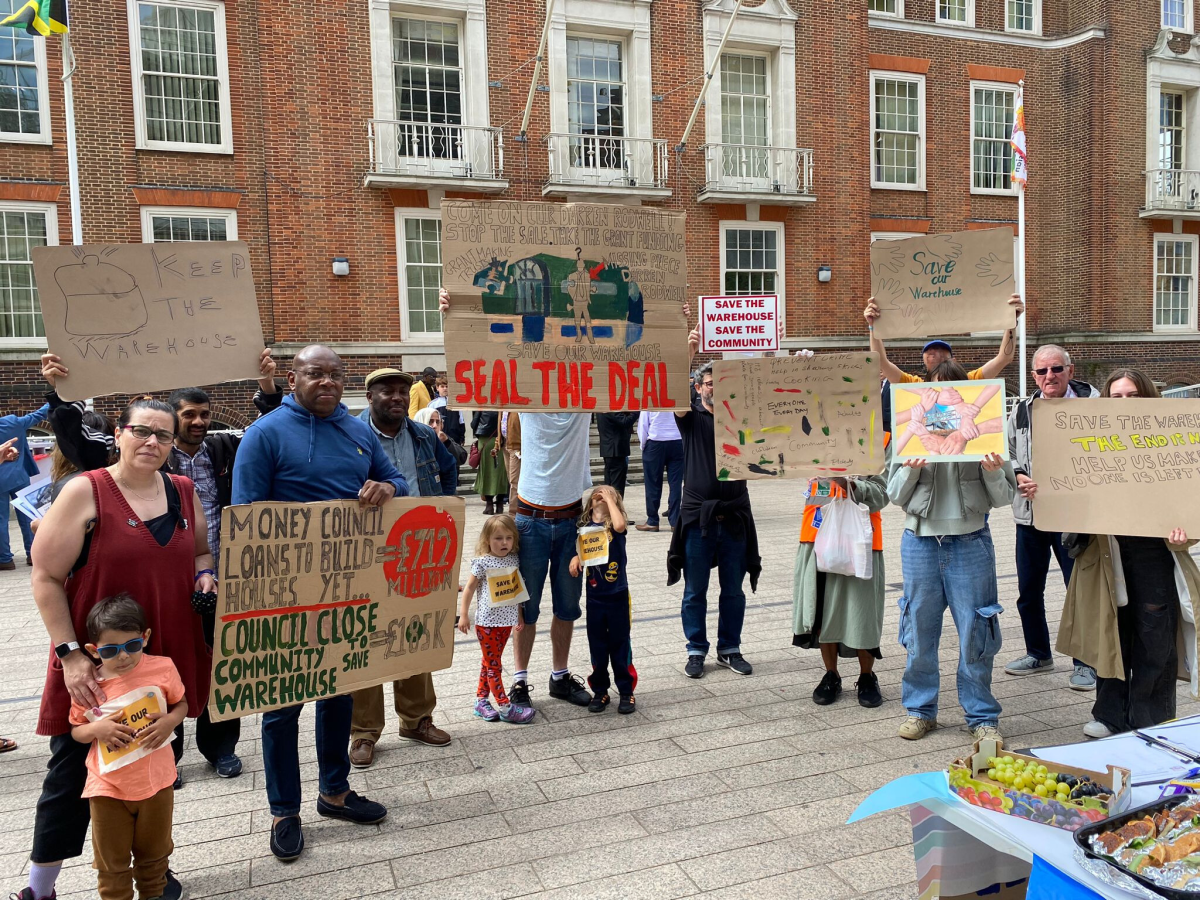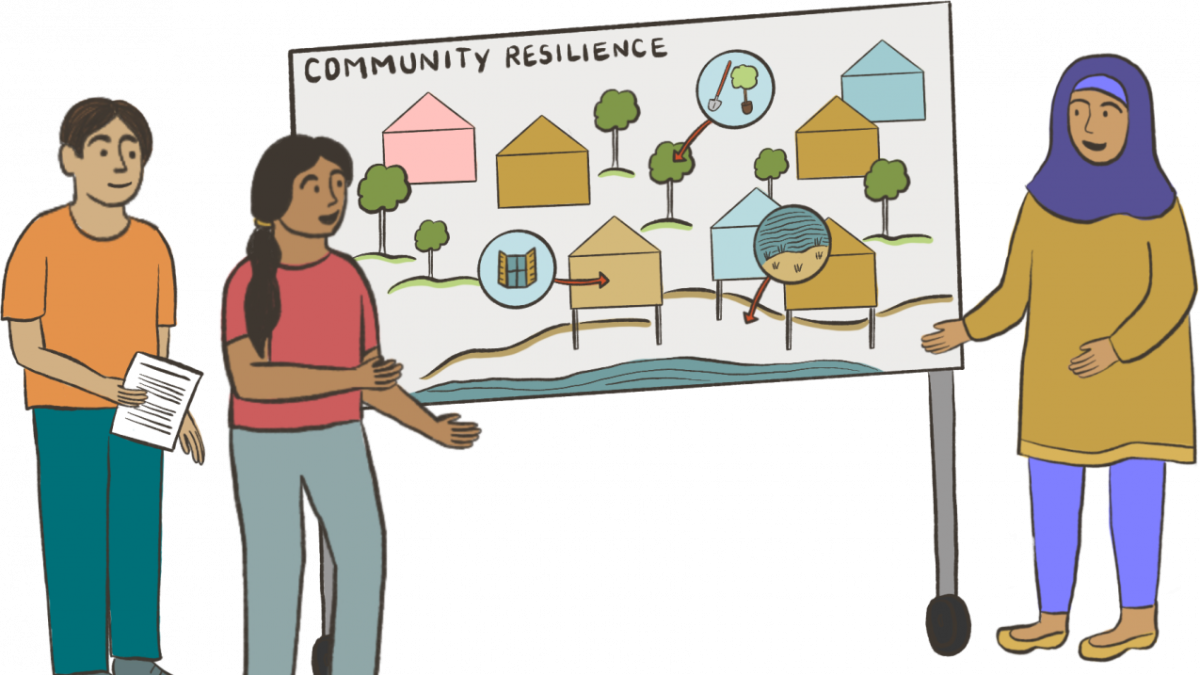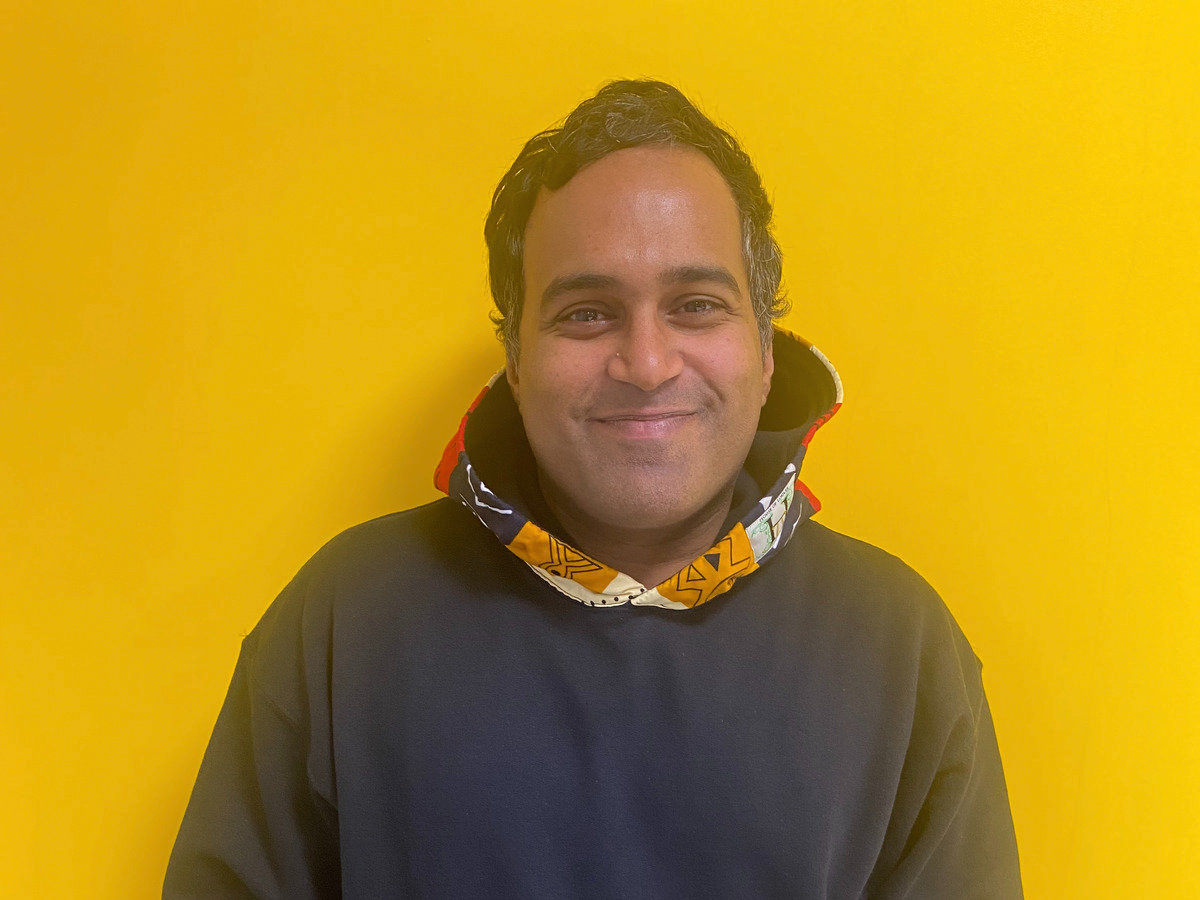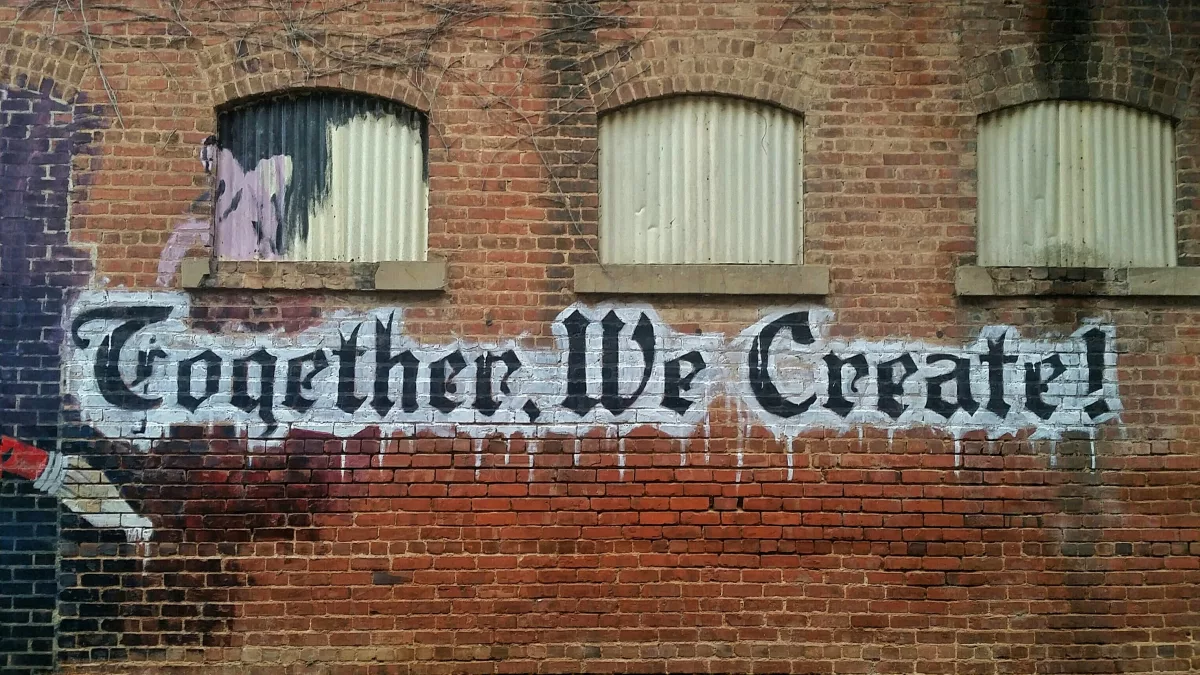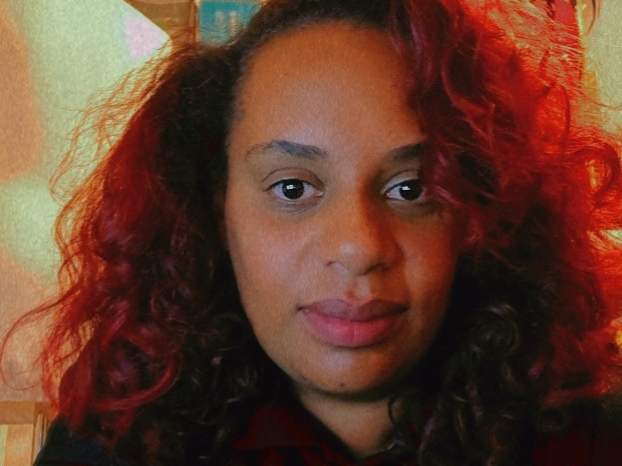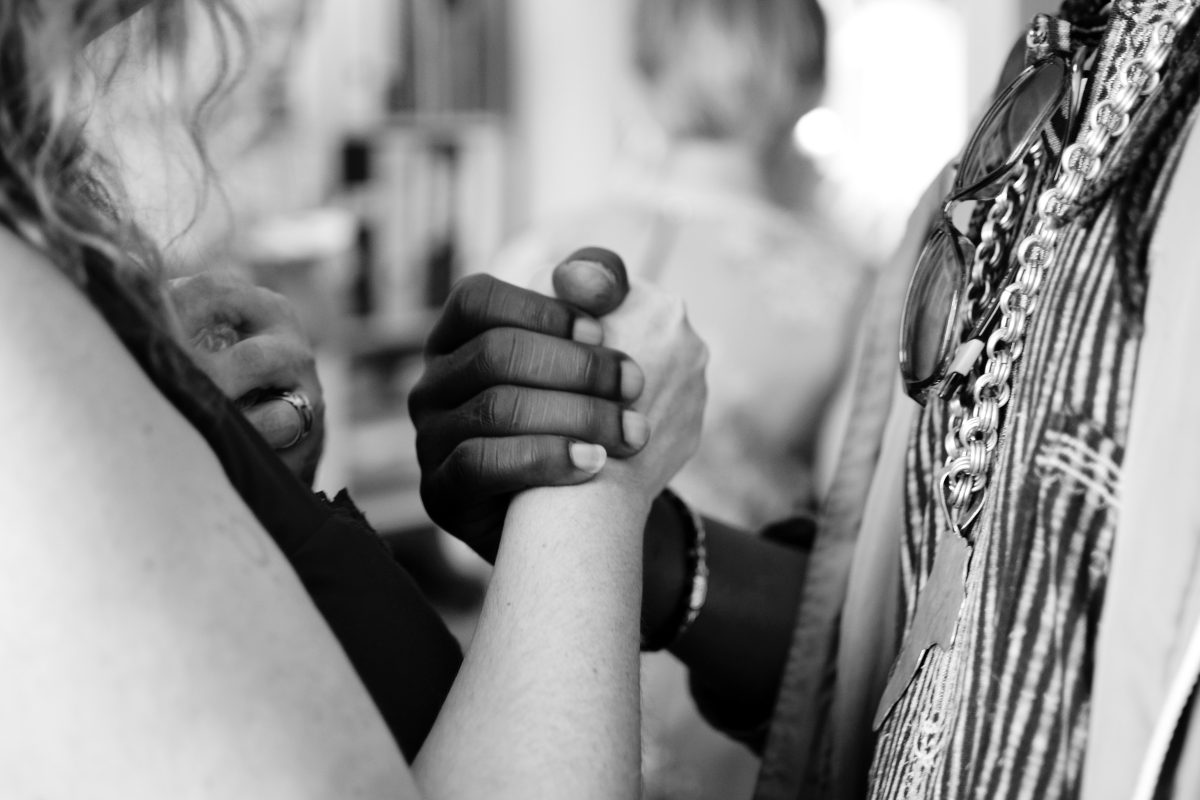My name is Miruna, and I am a Year 10 student that obtained the delightful opportunity to complete my compulsory work experience spanning over a week with Thames Life.
I would define Thames Life as a charity that prioritises the community; from arranging various community events, to publishing articles by and for the residents of Barking Riverside, and many more projects. This charity strives to bring locals together to widen their connections with their neighbours and to, simultaneously, work towards an improved experience of their local community.
MONDAY:
My first day at Thames Life began with an introduction to the majority of the team, specifically Zainab (Communication and Outreach Officer), Lucy (Health Outreach Officer), and Jamie (Deputy CEO). I discovered various intriguing facts about their roles. Following meeting some team members, I had an opportunity to get an insight into the process behind “The River View” community newspaper, and what stages it goes through before ending up at my, and 6,000 other homes, in Barking Riversidem, Thames View and Scrattons Farm. Learning about the process of managing the newspaper helped me realise and get a grasp of the importance of partner relationships in, not just Thames Life, but rather in any workplace.
To finish the day off, Vish (the new Young Action Group leader) and I collaborated on planning the YAG session for the day; I was encouraged to contribute my ideas to build up the session, and later even to lead a portion of it by myself. From this experience, where my perspectives and opinions were taken into consideration and where I was challenged to be more independent, it was made clear to me that Thames Life is, in fact, a charity that is generally committed to collaborating with the youth; it is not just an unsupported claim made to gain them good publicity, it is a responsibility all the team members evidently hold to a high standard.
TUESDAY:
A highlight of my day was attending the Resident Planning Forum at 6pm, which is an event where locals can meet together to discuss issues in the borough, and formulate plans and contribute ideas to fix them.
This week specifically, attendees were enlightened about the lengthy history Barking & Dagenham holds as a borough, and how the place has many historical ties to various historical figures. Coming together with other residents, as a resident myself, it was really reassuring to see others sharing my frustration and the same will to make a change.
WEDNESDAY:
I got the opportunity to formally meet Matt, the CEO of Thames Life, who gave me an insight into what the charity strives to do and the impact they wish to have on the community. Matt introduced me to the concept of “people power”, a term used to describe when people in a community come together and join forces to work together and take control of situations in their area, at times becoming more powerful than organisations. This is relevant to this borough as, with the numerous amounts of new homes being constructed in Barking Riverside, and the disappointing lack of community spaces, Thames Life aim to bring residents together to combat these social issues with their various community events, which help people meet each other and are a productive way for residents to voice their concerns about their area and formulate solutions. Thames Life acknowledges there is a lack of people power in Barking & Dagenham, hence why they constantly work towards giving the community a voice against bigger organisations.
I also joined the Green-Up Group along with Vish for their weekly session, where we did litter picking in Thames View for approximately two hours, followed by an artist-lead art therapy session for the remaining hour, a relaxing addition to end the session.
THURSDAY:
Thursday marked the day of the highly anticipated, grand event, the “Free African and Caribbean Health and Wellbeing Event” led by Lucy.
With the packed schedule and short amount of time we had to get everything set up, I recognised the distinction of time management and adequate event planning to make preparing events more straightforward and less stressful.
At 2pm, the event commenced, with many organisations joining to provide various services, such as The Source offering food, Project Embrace offering hair care advice for afro hair, and local GP Dr John offering healthcare advice and free check-ups. The energy in the venue at the Barking Learning Centre was extremely pleasant, with hundreds of people in attendance, enjoying the various stalls, and meeting new people. The feedback for the event was overwhelmingly positive, with many stating in feedback forums how informative the session was, (specifically due to the GPs on site) how much time was cut off to see a GP, and how the atmosphere with music and food really completed the event.
FRIDAY:
Ade and I made our way to Barking Riverside, where we had a walk with Matt and two London Met students scheduled in the area. Through our walk, we encountered and passed through many areas facing rapid development and gentrification.
We had a really thoughtful discussion about the community and the development of Barking Riverside was had, we came to the conclusion that the construction plan is quite flawed due to the lack of emphasis on providing residents outlets for self-expression and safe spaces. Ultimately, with a rising population, but a lack of community spaces for people to come together, it could only cause more harm than good: for example, there could be an increased crime rate and more gang activity, as young people will have nowhere to discuss their issues, and therefore result to crime to express their frustrations. We saw a community space in our local area, Everyone’s Warehouse, which provided a multitude of tools for self-expression, including a designated clothing design space, a podcast room, a communal kitchen, and so much more. Unfortunately, as many may know, the Warehouse was taken away from the community, disregarding the £9 million investment to get the place up and running, and the outrage and protests the residents had when it was announced the Warehouse was being shut down. As someone who used to use the Warehouse prior to its closure, I remember how upsetting the whole debacle was, as I myself witnessed how that place brought people together, how it made many feel safe and comfortable, and how it is now going to be replaced for even more housing.
This educational conversation we had with the London Met students was very informative, and a lovely last activity to finish off my placement.
I would especially like to thank Thames Life, for giving me this special opportunity to have my placement at their charity: in the span of just one week, I had learnt so much and faced so many new experiences. Working at Thames Life was a pleasant break from my ordinary school routine, just as much as it was work experience; working with the community and helping the community was very enjoyable overall. I am beyond grateful to all the team, for supervising me and guiding me throughout my journey at their charity.
-Miruna S
